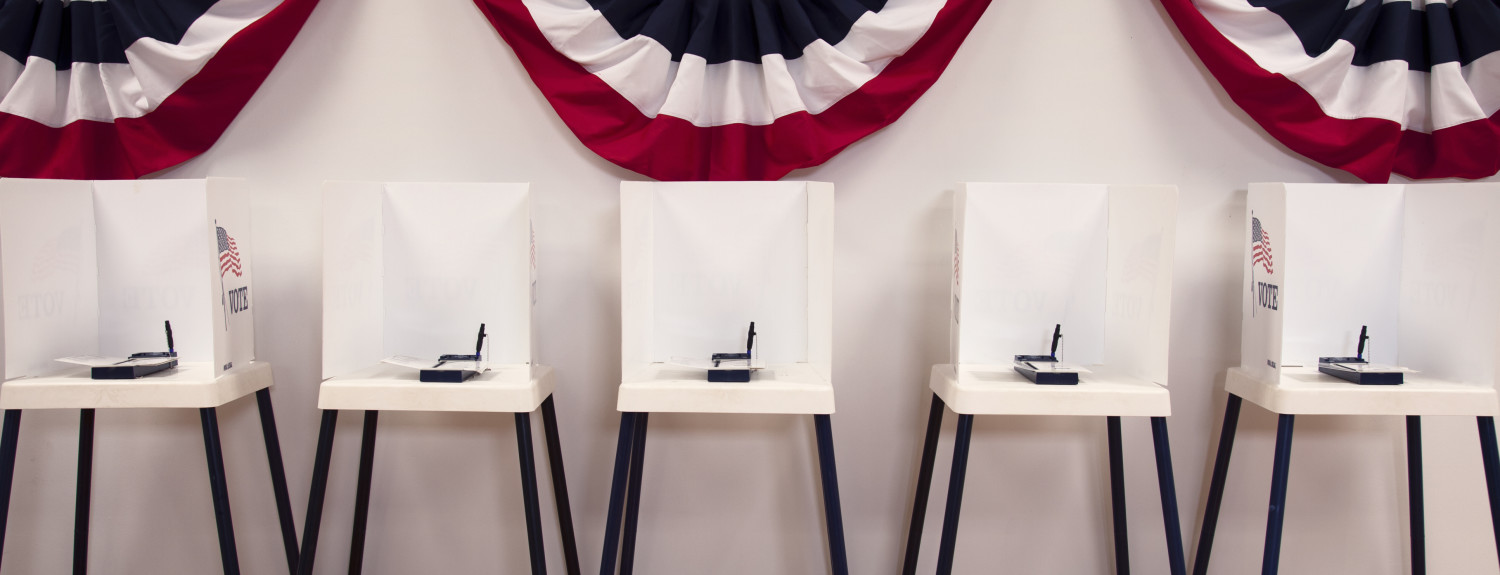A WWII vet who tried to vote in the Wisconsin Supreme Court primary was turned away when he tried to use his VA ID to validate his identity. To fix this problem before the presidential primaries and 2016 election, the veteran’s family contacted Gov. Scott Walker.
Ninety-one year-old Leo Olson fought in the Battle of Iwo Jima 71 years ago. Because the elderly veteran does not have a driver’s license, he was relying on the photograph and information provided by his VA ID to confirm his identity and vote for a new state justice.
Luckily, his niece is already a justice on the state Supreme Court.
Justice Ann Walsh Bradley wrote on her uncle’s behalf to Gov. Walker that veterans ID cards should be included in Wisconsin voter ID laws.
“He considers voting part of his patriotic duty,” Bradley wrote. “Yet, last week this proud patriot of 90 years of age was embarrassed and confused when he went to the polls and was denied his right to vote. When he presented his veterans administration card with his picture on it, he was told that the card was not listed as ‘acceptable’ proof of his identity. He responded: ‘You mean veterans can’t vote?'”
Whether or not active-duty military or veteran IDs are acceptable at the polls varies from state to state. ‘Strict Photo ID’ states such as Wisconsin require voters to present an ID that includes a photograph in order for their ballot to be counted. According to Bradley, Olson’s ID did include a picture.
Though Olson’s ID was out, there are many other ways he could submit his ballot for upcoming elections:
Kevin Kennedy, the accountability board’s director, alerted her that those who are confined because of age, illness or infirmity can vote absentee without having to show an ID. He helped her submit paperwork to get Leo Olson on that list.
The voter ID law also allows people to get free state ID cards for voting from Division of Motor Vehicles offices.
To vote under the voter ID law, people must show Wisconsin driver’s licenses, state-issued ID cards, military IDs, passports, tribal IDs, naturalization certificates or limited types of college IDs, provided they also have documentation they are currently enrolled in school.




































